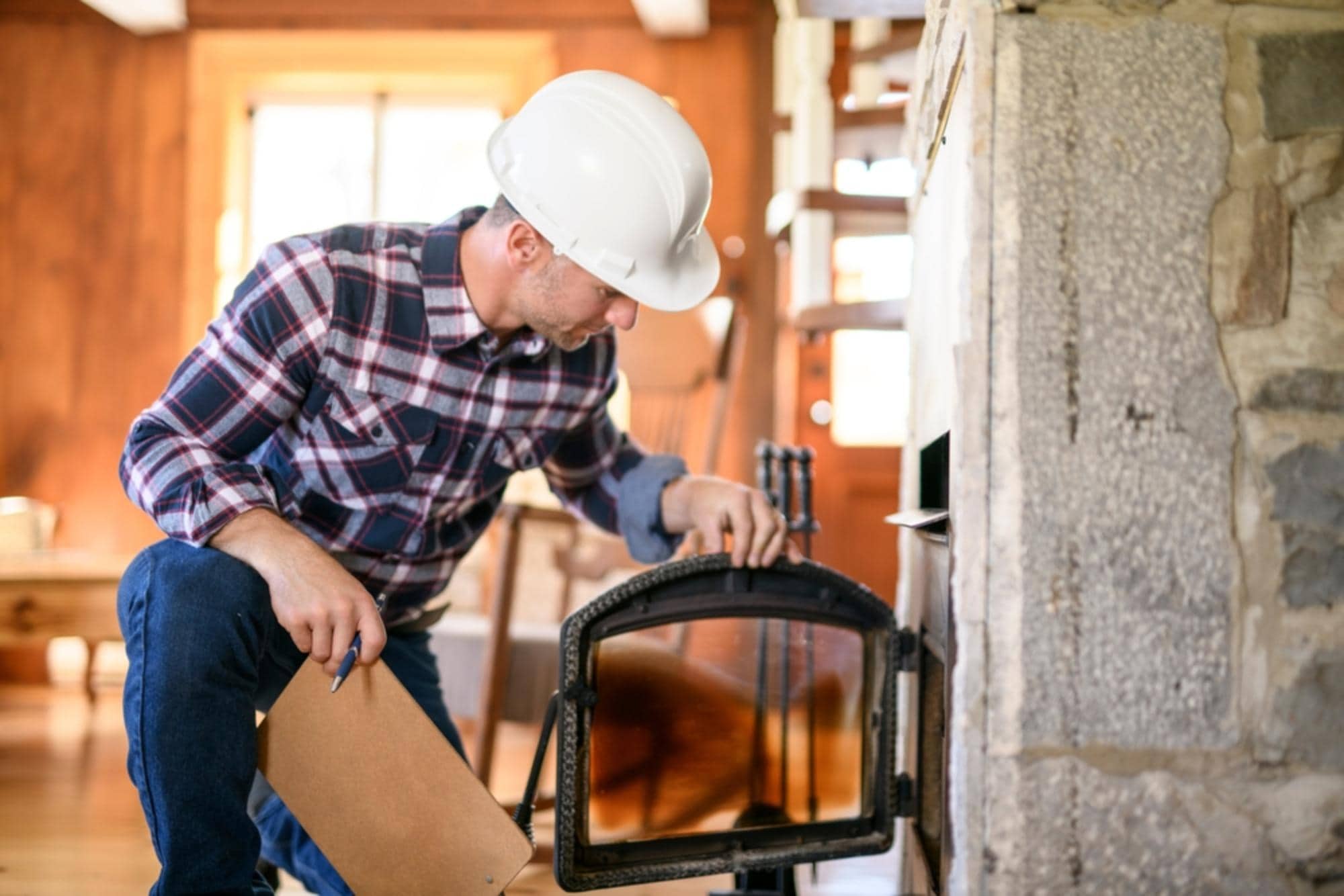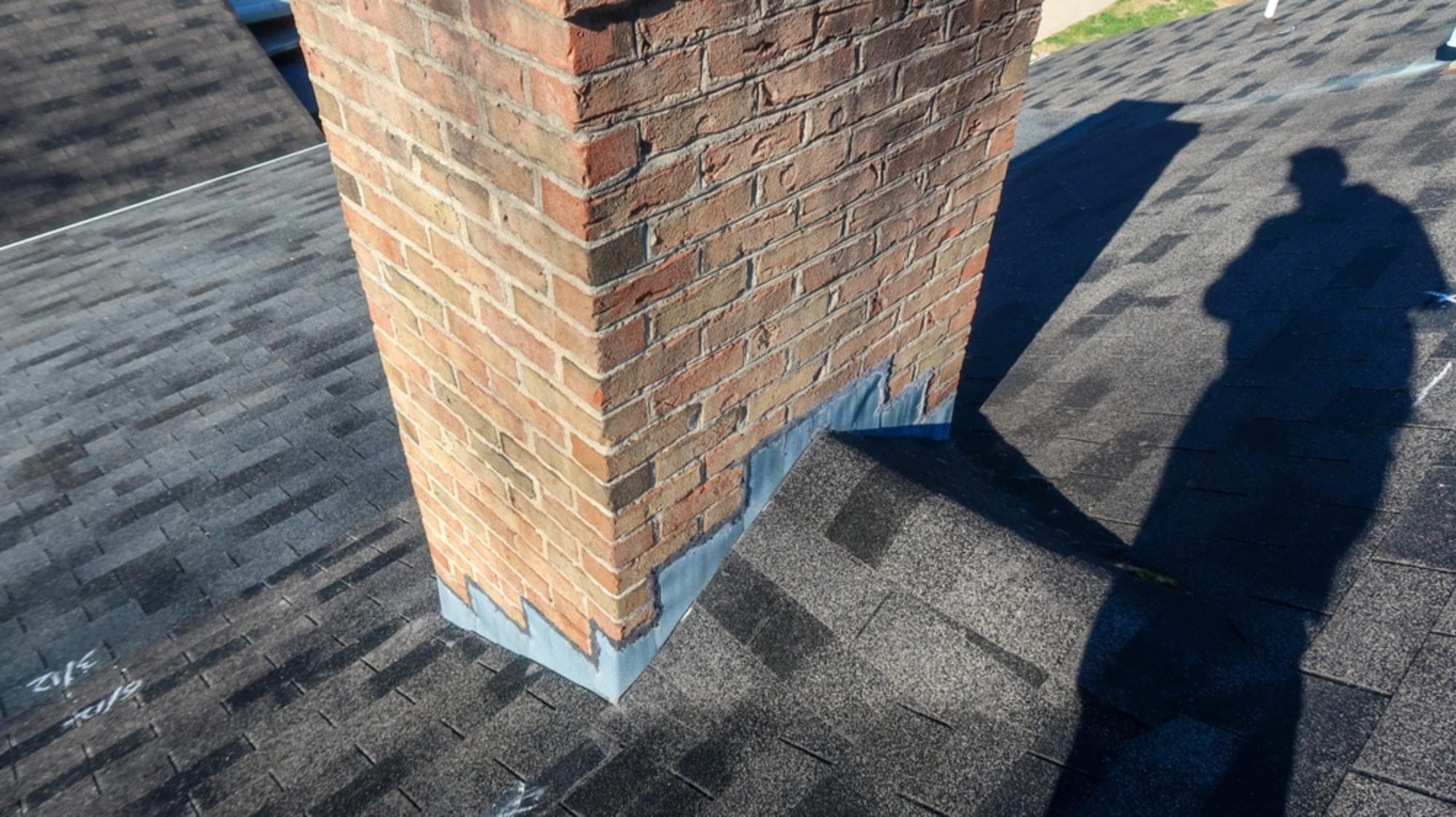Professional chimney inspection in Slatersville, RI that catches problems before they become expensive emergencies or safety hazards.

Hear from Our Customers

You get a thorough inspection that meets insurance requirements and keeps your family safe. No hidden damage goes unnoticed when our certified technicians examine your chimney from crown to firebox.
Your heating system works efficiently all season long. You avoid the stress of emergency repairs because we catch minor issues before they turn into major problems that cost thousands.
Most importantly, you can light that fire knowing your chimney system is operating safely and correctly.
Above and Beyond Chimney has been protecting Providence County families for over two decades. We understand how Rhode Island’s freeze-thaw cycles and harsh winters affect your chimney system.
Our CSIA certified technicians know exactly what to look for in Slatersville homes. From the brick mortar that can crack during temperature changes to flue liners that deteriorate from constant use during long New England winters.
We’re not just another chimney company. We’re your neighbors who take pride in keeping local families safe and warm.

First, we examine your chimney’s exterior structure, checking the crown, cap, and flashing for any signs of damage or wear. We look for loose bricks, cracked mortar, and other issues that could let water in.
Next, we inspect the interior components including the firebox, damper, and smoke chamber. Using specialized tools and cameras when needed, we examine your flue liner for cracks, blockages, or creosote buildup that could create fire hazards.
Finally, we provide you with a detailed report of our findings, complete with photos and clear recommendations. You’ll know exactly what needs attention and what can wait, so you can make informed decisions about your chimney’s care.

Ready to get started?
Your chimney inspection covers every critical component that affects safety and performance. We examine the chimney crown and cap for cracks or damage that could let water infiltrate your system.
The flue liner gets special attention since it’s your first line of defense against heat and combustion gases. Whether it’s clay tile or stainless steel, we check for integrity and proper ventilation throughout the entire length.
In Slatersville’s climate, we pay particular attention to how freeze-thaw cycles affect your masonry. We look for mortar deterioration, brick spalling, and flashing issues that are common in our area. You get a complete picture of your chimney’s condition, not just a quick look.
